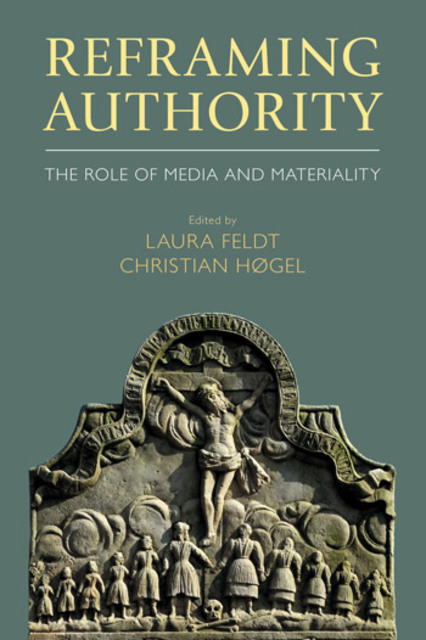Feldt & Høgel/Reframing Authority, 8. Between Progress and the Frontier

Full description
At the turn of the 20th century, Anglo Texans dominated the town of Gonzales, Texas, at all levels regarding political, socio-economic and cultural features. According to the local newspaper’s coverage of Gonzales life, the county’s legal, political and cultural institutions represented an authority that was only implicitly racially defined, but that nevertheless was unquestionably Anglo Texan. Building on Hanna Arendt’s definition of authority and applying a narrative approach as the main methodological tool, I describe how The Inquirer defined authority within the framework of a narrative of progress and in relation to two other co-existing narratives, a Southern narrative and a frontier narrative. The progress narrative can be seen as part of the important social, economic and demographic changes that the region went through at the time, changes that challenged Anglo Texan dominance on several levels. In this chapter I study this process by using a specific conflict that involved ethnicity, violence and power. In June 1901, Gregorio Cortéz was accused of killing the Gonzales County Sheriff Richard Glover, and I use this case as a prism through which I study how mob violence seriously challenged The Inquirer’s progress narrative and the idea of Anglo Texan authority. I analyze how the newspaper tried to overcome the conflict between the high level of violence against African Texans and Mexican Texans and the idea of Anglo Texan authority. The Inquirer ultimately failed to do this, and as a perspective on the analysis, I discuss how the progress narrative was reshaped over the succeeding years.
- typeImage
- created on
- file formatjpg
- file size60 KB
- container titleReframing Authority: The Role of Media and Materiality
- creatorAnne Magnussen
- isbn9781781796801 (eBook)
- publisherEquinox Publishing Ltd.
- publisher placeSheffield, United Kingdom
- rightsEquinox Publishing Ltd.
- series titleComparative Research on Iconic and Performative Texts
- doi
We use cookies to analyze our traffic. Please decide if you are willing to accept cookies from our website. You can change this setting anytime in Privacy Settings.
